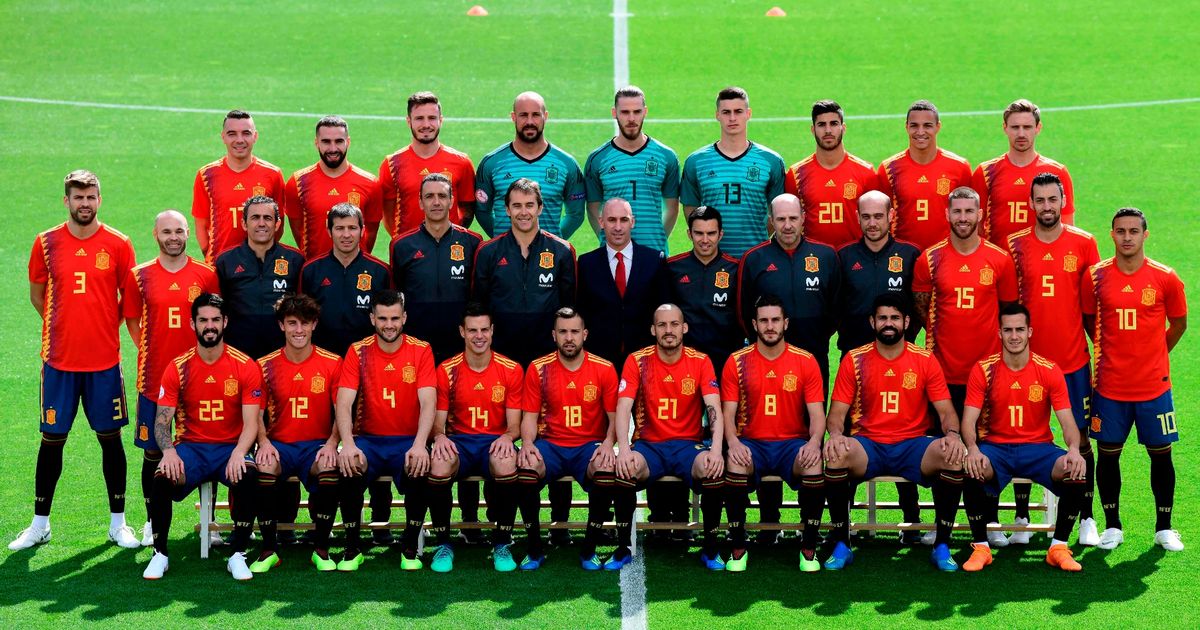Job Titles of the Future: Chief Non-alcohol Beverages Officer
A quick dispatch for a middle of Summer Friday from the often-imitated, easily duplicated Job Titles of the Future series. For the latest offering I submit a job title I've never seen before - 'Chief Non-alcohol Beverages Officer'. For details, see this piece from Fortune:
American beer drinkers keep shunning Bud, and Anheuser-Busch InBev is going to extreme measures to meet their changing tastes.
The brewer announced Thursday that revenues in the U.S. had slumped by 3.1% in the second quarter as sales of its major brands—Budweiser and Bud Light—continued to drop. U.S. beer sales dropped 5% by volume.
At the same time, it announced that it will create a new executive position—chief non-alcohol beverage officer—as a response to Millennials and “Generation Z” drinking less than their elders. Lucas Herscovici, currently global marketing VP of strategic functions, will fill the role. Nonalcoholic drinks constitute some 10% of AB InBev’s volumes, and it’s aiming to boost the proportion of low and no-alcohol sales to 20% of the total by 2025, reports theFinancial Times. But in the second quarter, the category fell a damaging 43%, according to The Wall Street Journal.
This announcement about the new C-Level job role from Anheuser-Busch InBev was interesting to me for three reasons:
1. It shows, at least at the surface, that the organization needs to react to changes in customer attitudes, tastes, and preferences with a significant and high-level talent/people strategy response. In the past, I guess forever, Anheuser-Busch InBev didn't need to consider this market and this role. Their business was selling beer. Now their business is changing to one that is more about meeting the customer's needs/desires for refreshment - a wider, deeper, (and maybe for them in the long run), a more lucrative market.
2. This shift in Anheuser-Busch InBev's business is another great example and reminder of the challenges that all kinds of legacy, established businesses have when trying to adapt to shifts in customer attitudes. The company knows that it needs to focus more on non-alcohol beverages moving forward, but at the same time has to try and protect and strengthen its core, legacy regular beer business. Becoming more nimble and agile to chase new markets while at the same time having to rely on declining core businesses for profits and cash flow is the classic big company challenge. I am a fan of many Anheuser-Busch InBev products, so I am hoping they navigate these challenges successfully.
3. It's the summer, it's just about the weekend, and an article about a beer company essentially just drew me in. Hope you have a great weekend, have a cold one if that's your thing, and Cheers!

 Steve
Steve



